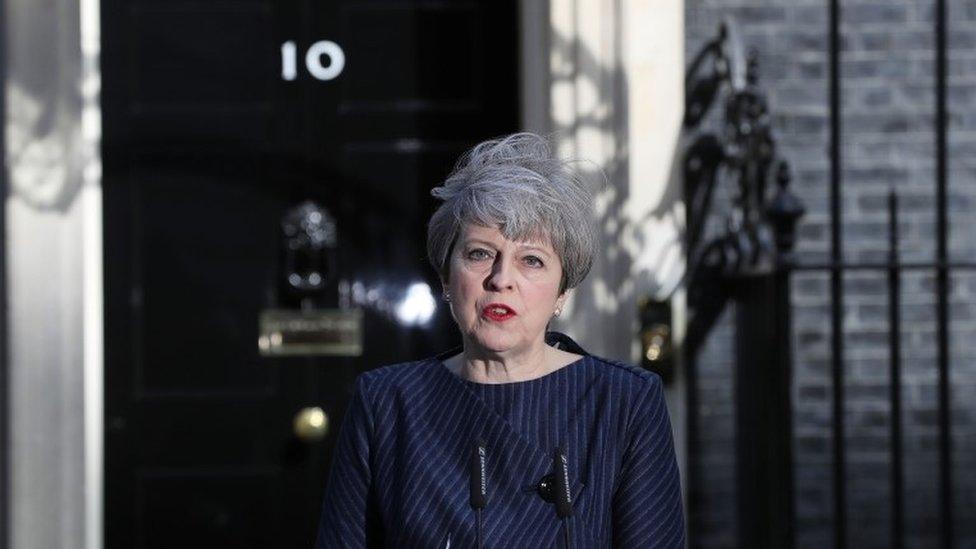Do snap elections actually deliver bigger majorities?
- Published
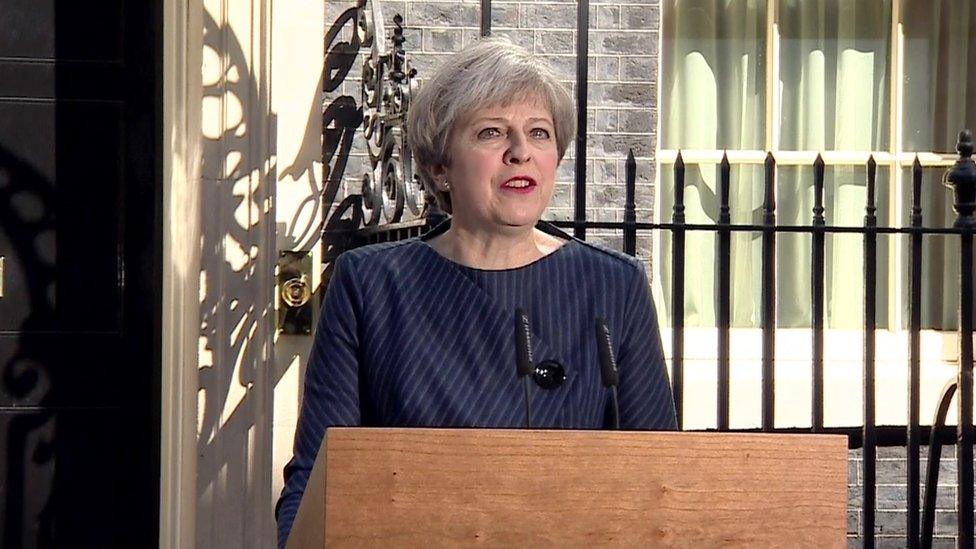
Few other post-war prime ministers have called a snap election
A snap general election has been announced by UK Prime Minister Theresa May, to "guarantee certainty and security". But what does history say about her chances of winning a greater majority?
The UK doesn't generally do snap elections.
Since World War Two, there are really only two other examples of a prime minister going to the country within a year or two of the previous contest.
However, there have also been a few occasions which have seen prime ministers who - like Theresa May - made it to Downing Street without winning an election themselves going to the country for a "personal mandate".
Since 2011, parliamentary terms have been fixed at five years and, even before this, elections were generally only called by prime ministers every four or five years.
In March 1966 however, Labour's Harold Wilson went to the country just under 18 months after winning in October 1964.
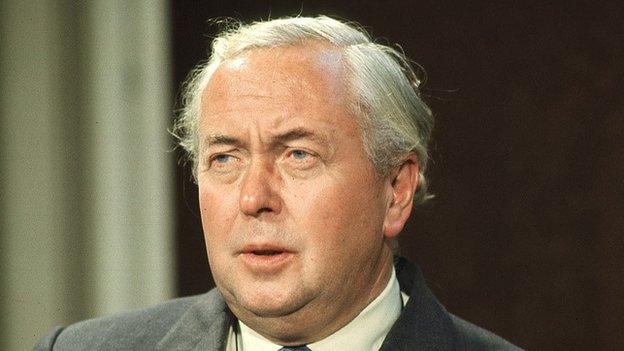
Harold Wilson called two snap elections to try to win a strong majority
His decision was hardly a surprise. The 1964 election had seen Labour replace the Tories after 13 years, but with only the narrowest of majorities - just four MPs.
An avid reader of opinion polls and an acute interpreter of local and by-election results, Wilson timed his strike to perfection.
He bagged a majority of nearly 100, albeit one he managed to squander by 1970, when Labour was beaten by the Tories under Ted Heath - the prime minister who took the UK into Europe.
By February 1974, however, Wilson was back in Downing Street - and things were even trickier than they had been 10 years previously.
Rather than a tiny parliamentary majority, Labour had no majority at all.
Wilson was obliged to form a minority administration and hope that it could last long enough for him to convince the country that he really was the man for the job again.
Wilson waited just nine months before making that appeal.
The result was far from what he'd hoped for - a painfully small three-seat majority which eventually evaporated completely, leaving the government reliant on a pact with the Liberal Party.
So, early elections don't always deliver everything the prime minister who calls them might wish for.
But what about contests called by incumbents who have taken over at Number 10 without first winning a general election as party leader?
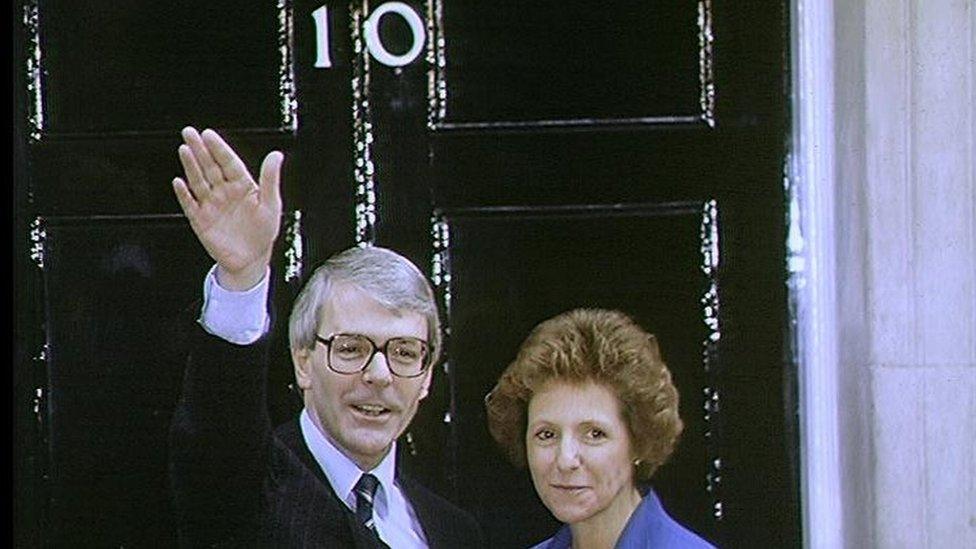
John Major was among prime ministers who went on to win a "personal mandate"
Well, here, the outlook is much brighter for those who call the election.
Winston Churchill, after suffering at least one serious stroke that was hidden from the public, finally gave way to his successor Anthony Eden in April 1955.
Eden wasted no time by calling an election in May - a contest which saw him increase his party's majority from 17 to a very respectable 60.
At just under 50%, the Tories' share of the vote was the highest ever achieved in the post-war period.
It wasn't enough, however, to see Eden through the Suez crisis, which led to his resignation and replacement in January 1957 by the wily Harold Macmillan.
"Supermac", true to form, bided his time before seeking his own personal mandate and was rewarded in October 1959 with a 100-seat majority.
The third Tory prime minister who initially got the top job by virtue of his support in the party rather than in the country was John Major.
He waited 16 months after replacing Margaret Thatcher before calling an election in 1992, but while his victory left the Conservatives with a much reduced majority, he had avoided what two years previously looked like certain defeat.
History, then, appears to be on Theresa May's side. But, given the unpredictability of the current political climate, the outcome is far from guaranteed.
Tim Bale is professor of politics, external at the School of Politics and International Relations at Queen Mary University of London. Follow him @ProfTimBale, external.
- Published18 April 2017
- Published18 April 2017
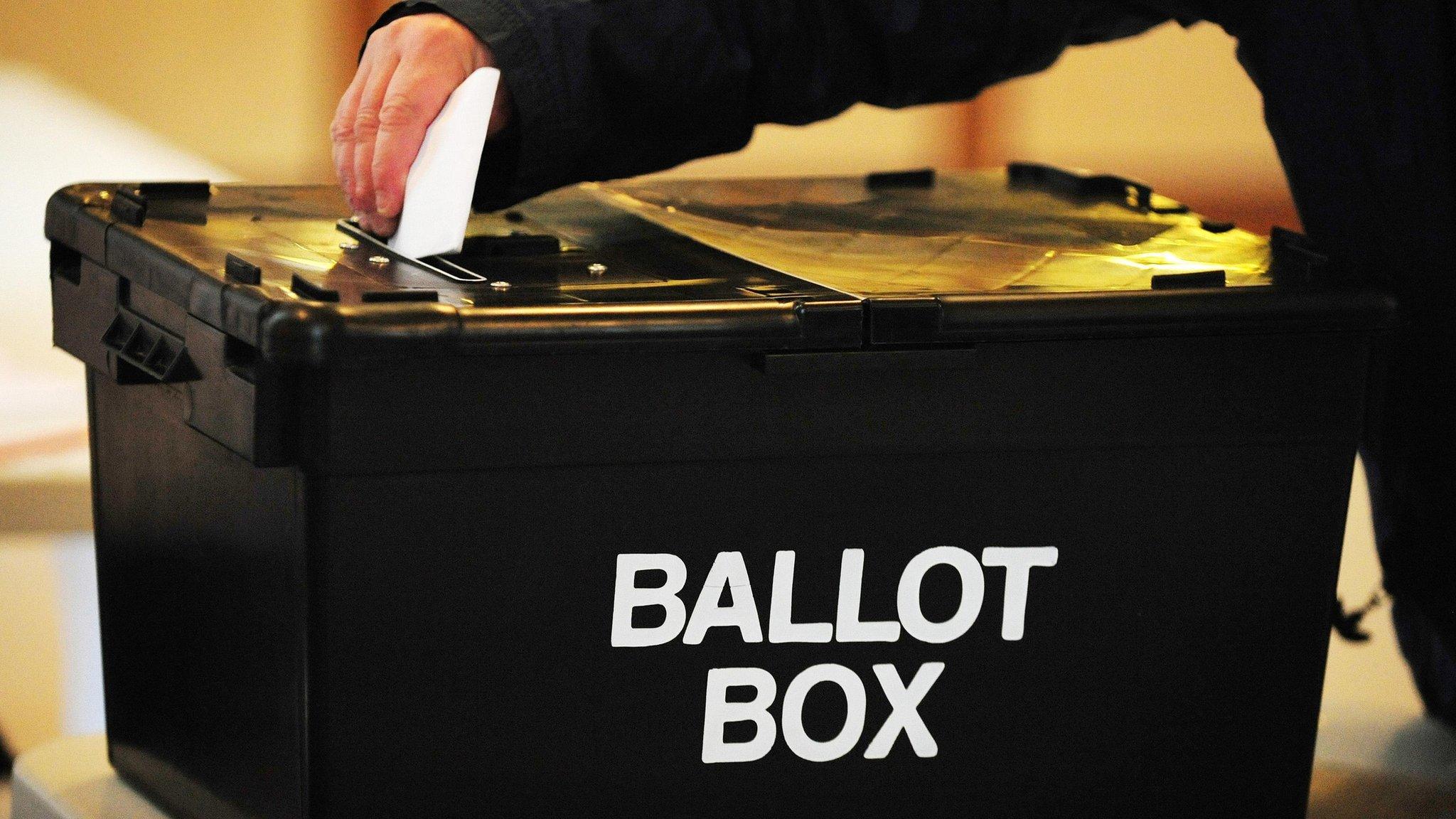
- Published18 April 2017
